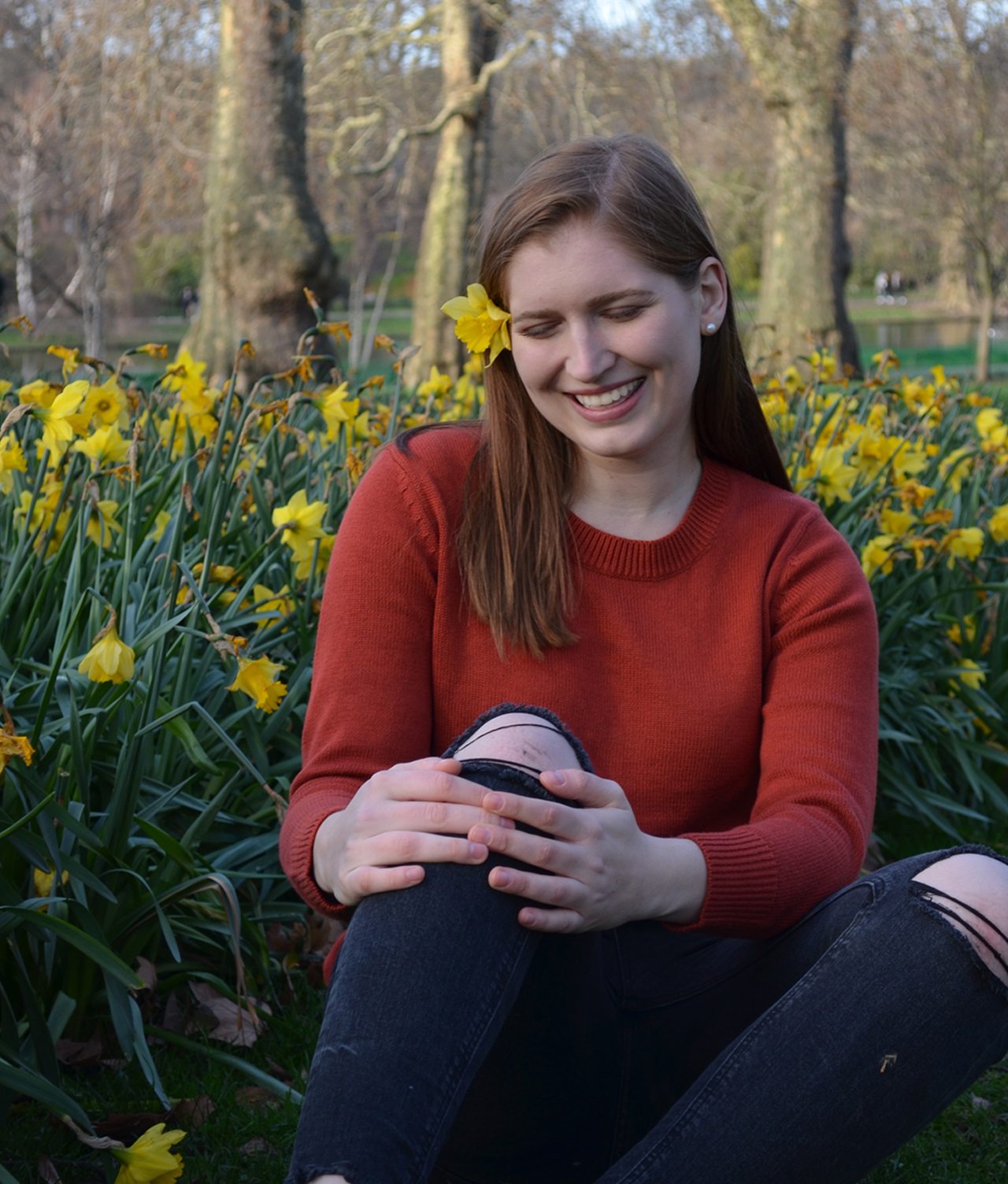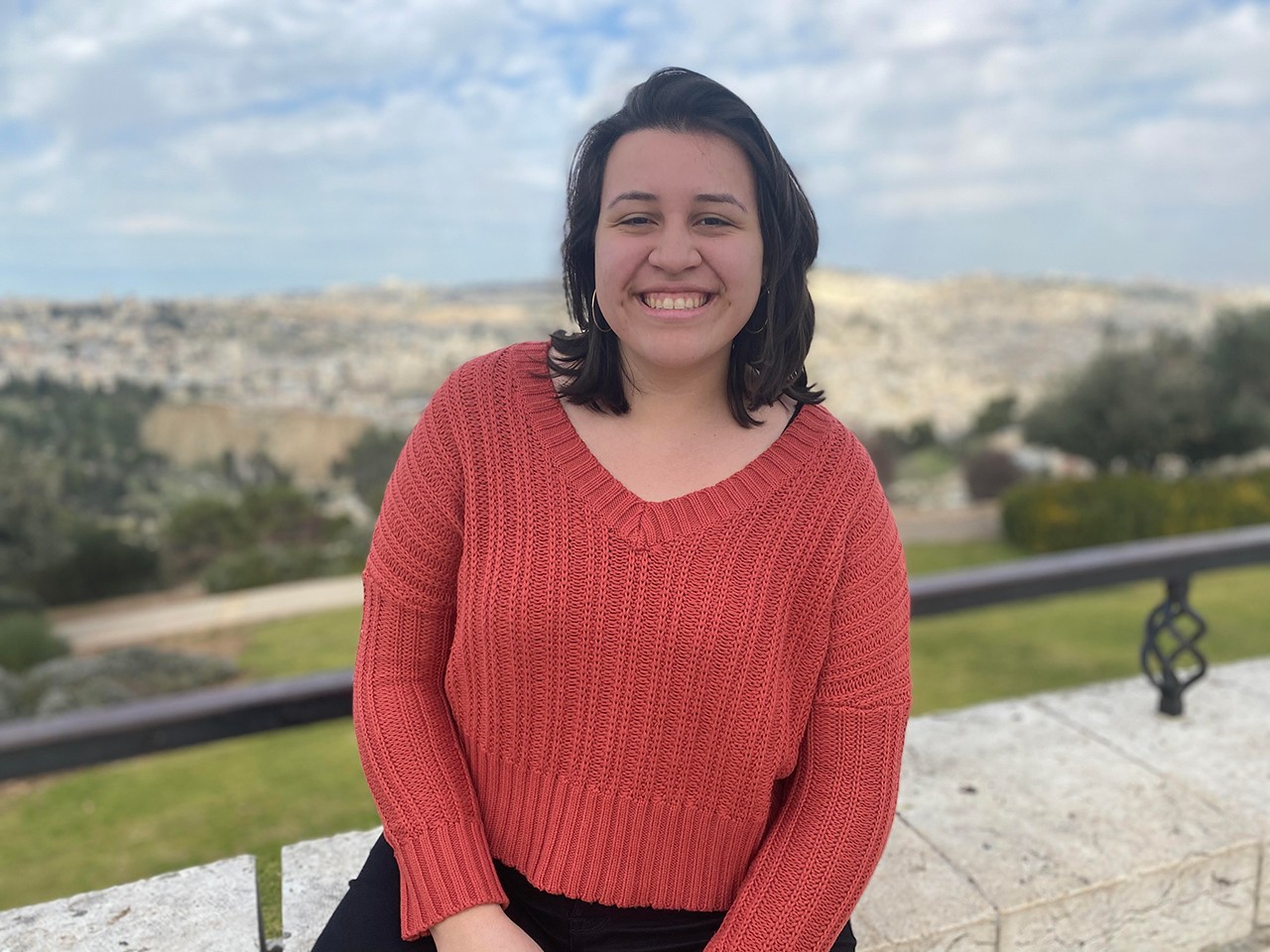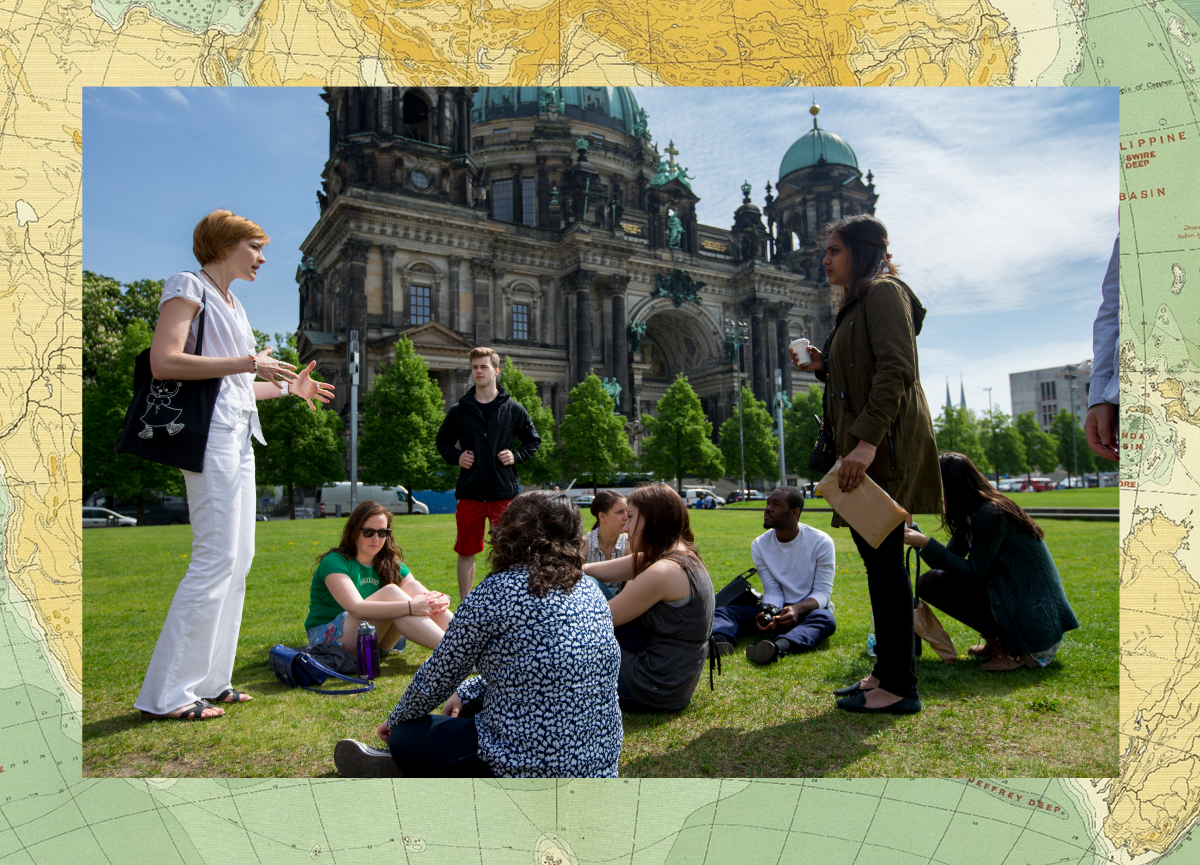NYU was founded to be “metropolitan in character, democratic in spirit,” and responsive to the needs of the rapidly evolving New York City population. Today, these themes are still at the core of NYU. And they have led the University to develop 10 distinct undergraduate schools and colleges in New York City, degree-granting campuses in Abu Dhabi and Shanghai, and 12 additional global academic centers and programs in cities around the world. NYU’s urban spirit is fundamental to the student experience. For example, at NYU, professors are experts in their fields who are tapped into local networks; courses take advantage of the opportunities and interact with the city culture; and internships are right around the corner. Students who are eager to explore different academic possibilities while growing as global citizens and gaining a broad, holistic foundation of knowledge will feel at home at NYU Liberal Studies.
NYU Liberal Studies focuses on intersectionality and creativity. It’s a perfect place for curious minds to sample a wide range of culturally significant subjects. Topics include art, literature, music, political thought, philosophy, and more. What’s more, all Liberal Studies students spend their first two years experiencing the range of what NYU has to offer. Then, students in Liberal Studies Core can choose to major in Global Liberal Studies or transition to one of nearly 100 different majors across NYU while Global Liberal Studies students prepare for digging into their major by spending their junior year studying abroad.
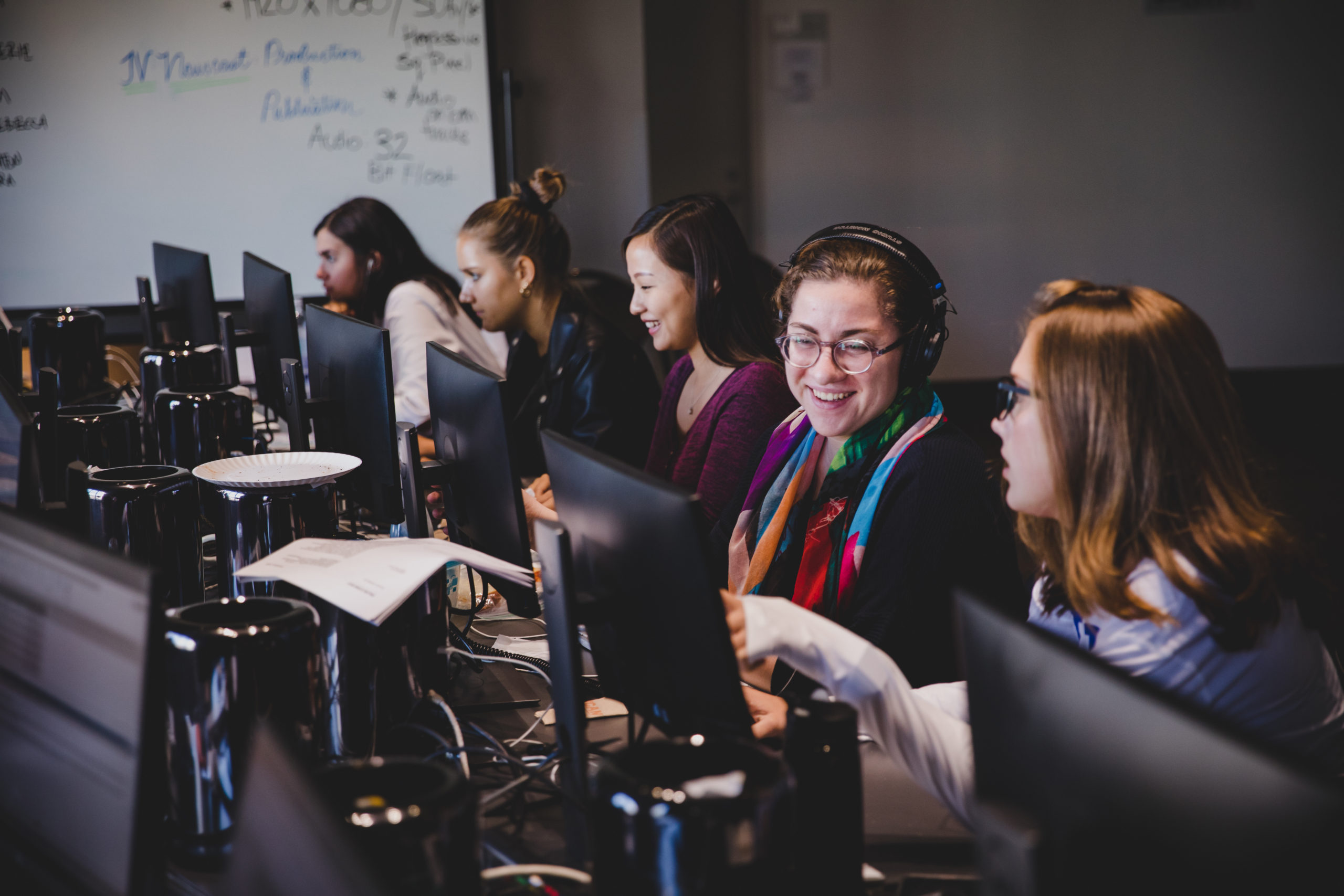
The Liberal Studies Advantage
An NYU Liberal Studies education begins with the innovative Liberal Studies Core curriculum. It’s a two-year sequence of courses designed to foster students’ ability to think analytically, read critically, and write effectively. Also, its courses dig deep into historical periods, from ancient times through present day. Beyond the pages of a textbook, students use original texts and visit historical sites. They engage with art and culture hubs to gain access to renowned people and places.
What’s more, NYU’s world-class faculty tailors course themes to their unique areas of expertise. In addition, faculty develops small, seminar-style classes and offers one-on-one advising to take personalized education to the next level. By the end of their second year, students will have fulfilled many degree requirements for most NYU programs and gained a solid foundation in writing, arts and cultures, and global works and society.
Outside of classes students explore clubs and organizations, internships, community engagement, and research to make their mark. There are a number of resources NYU offers to students in and out of the classroom. For example, Social Impact Grants let students apply lessons in real-world settings through service activities, outreach initiatives, or conference presentations. GLS Dean’s Global Research Grants help sophomores, juniors, and seniors work on thesis projects and other research and creative endeavors. Peer mentorship initiatives let first-year, first-generation, and international students learn from the experience of their older peers. Meanwhile, the Leadership and Service Bootcamp and Alternative Breaks plunge students deep into social issues and activism.
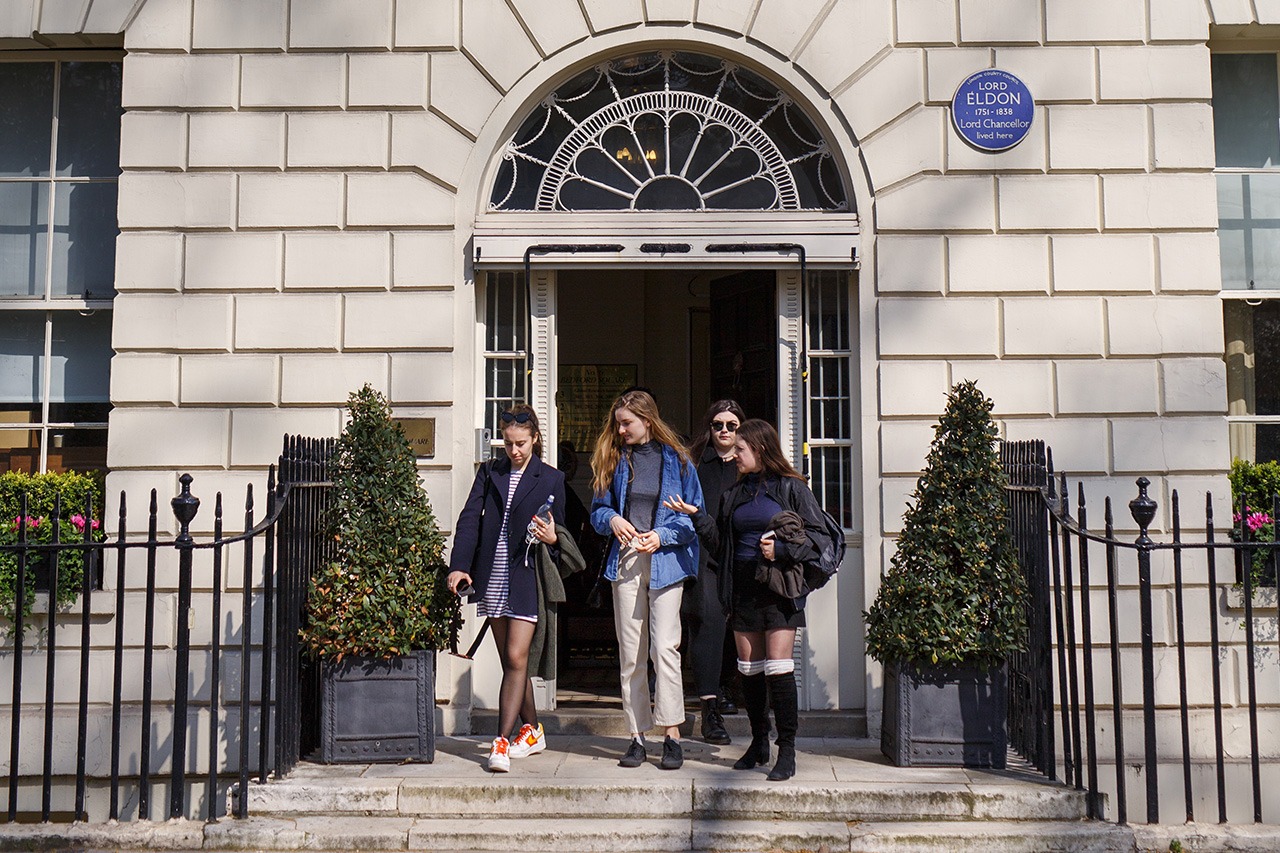
First Year Away
Liberal Studies students don’t have to wait until junior year to study abroad. In fact, the First Year Away (FYA) program lets students begin their experience at one of four of NYU’s academic centers. Students can fulfill core requirements at NYU’s academic centers in Florence, London, Madrid, or Washington, DC. What’s more, for a full cultural experience, students have a chance to take site-specific classes and immerse themselves in pedestrian tours, museums, clubs, and internships. Craving more? Check out what students have to say about their FYA experiences.
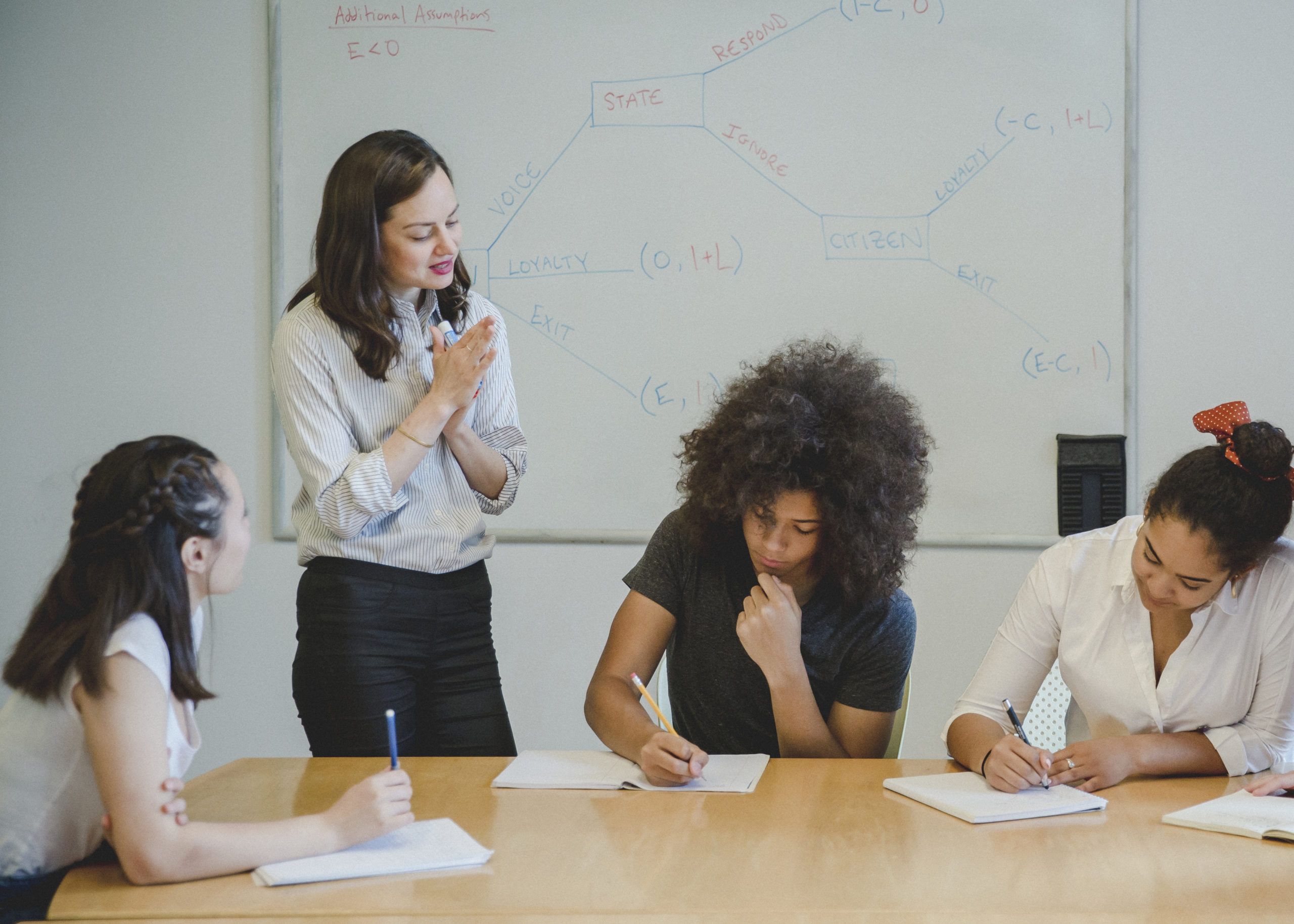
Choosing a Major
Students in the Liberal Studies Core will transition to another major to complete their remaining two years. There are many paths that branch from a Liberal Studies Core education. After two years of core courses, students will transition into one of nearly 100 majors across NYU. For example, students interested in economics can transition to the College of Arts and Science. Do you want to pursue a career at the intersection of media, technology, culture, and global society? Then, check out the Media, Culture, and Communication major at the Steinhardt School of Culture, Education, and Human Development or Integrated Design and Media at the Tandon School of Engineering. Or you can build your own concentration with the Gallatin School of Individualized Study. For example, recent NYU graduate, Jakiyah Bradley, Class of 2020, used her interest in public policy to build a concentration at Gallatin. And these are just a few of the many possibilities.
The Global Liberal Studies Major
Global Liberal Studies builds on core courses with experiential learning, independent research, and study abroad opportunities. Global Liberal Studies majors spend their entire junior year in deep cultural immersion at one of nine of NYU’s global sites where the country’s language is not English. Then, during senior year, students zero in on specific issues in global study. Additionally, to complete their thesis, they take courses that support their independent research.
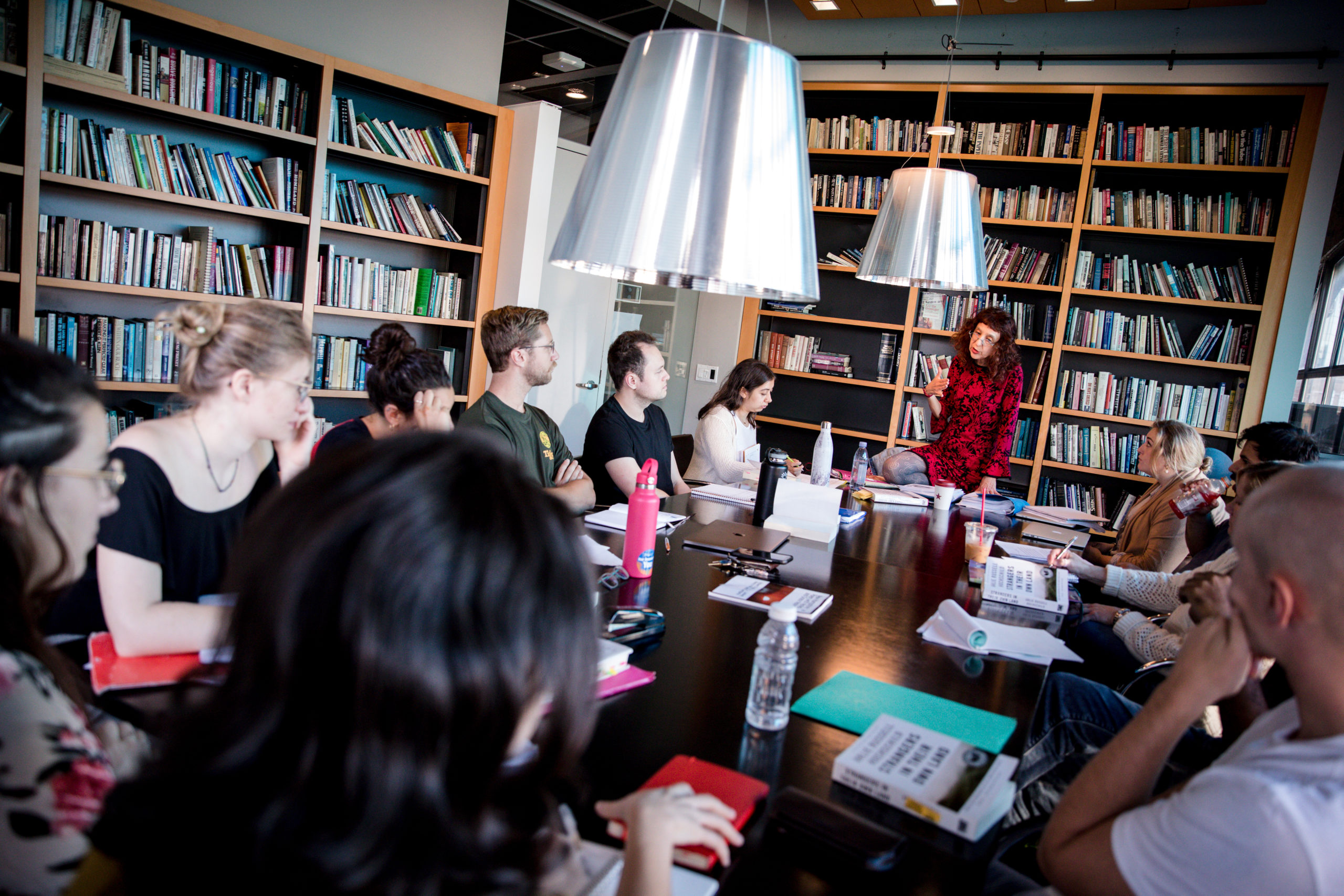
Notable Liberal Studies Courses
Here are a few highlights from the Liberal Studies course offerings:
- The History of the Universe—Use science as a lens to examine the world, from the origin of stars and galaxies to our understanding of them today. This course traces the development of western scientific thought from Aristotle and Galileo to Newton, Einstein, and Hubble. It teaches both modern science and how its methods, strengths, and limitations came to be.
- Arts and Cultures Across Antiquity—Choose from over 12 seminars exploring this topic through the lens of different instructors’ expertise. Explore the creation and interpretation of zombies from ancient artworks all the way through The Walking Dead. Consider the immortality that art offers humans. Analyze ancient representations of gods, exploration, or violence.
- City as Text—In the cities where Global Liberal Studies juniors study abroad, this course hosts sessions at multiple types of sites. Some include cultural and heritage sites, museums and galleries, monuments and landmarks, and historic neighborhoods. Through interdisciplinary perspective readings, students develop a nuanced understanding of the local, regional, national, and global forces that shape the city. The course is paired with experiential learning in the spring. What’s more, in the adjoining spring course, students engage with workplace culture through volunteer work, internships, or independent research.
Accomplished Alumni
As a senior, Mélissa Godin, Class of 2017, received the Rhodes Scholarship. In addition, she developed a podcast on tourism in Cambodia and Guatemala before pursuing a Master of Philosophy in Global Development at Oxford University. Now a journalist, she has been published in the New York Times, Teen Vogue, and the Globe and Mail.
Laura de Crescenzo, Class of 2017, interned in the House of Representatives and the office of former First Lady Michelle Obama as an undergraduate. Then, she spent her junior year studying business law at NYU Shanghai. Now Lauren is a product manager at Goldman Sachs.
Rina Madhani, Class of 2014, teamed up with two fellow alumni at the height of the COVID-19 pandemic to launch Start Lighthouse. The organization is a nonprofit concentrated on addressing childhood illiteracy. Her focus on social justice at NYU and her time as an educator in the South Bronx inspired her to take on inequalities behind the literacy gap. Therefore, Start Lighthouse addresses access to books, representation in books, and the empowerment of caregivers who support literacy development.
Graison Gill, Class of 2009, is a James Beard Award for Outstanding Baker finalist and educator. In 2013 he opened his own bakery in New Orleans, Louisiana, which he recently sold to the employees as a cooperative. When Graison isn’t writing legislation or a book, he advocates for the economic and ecological value of whole grains and hosts artisan baking classes.
Standout Faculty
The Liberal Studies faculty consists of world-class instructors and widely published scholars in a broad range of fields. They are ready to share their global connections and vast cultural knowledge with students of diverse interests.
For example, Professor Leo R. Douglas focuses on biodiversity conservation and social identity. Douglas brings the rainforest to students in New York City with documentaries that follow products from ingredient growth through consumption. Professor Stephen Policoff oversees the Liberal Studies literary magazine, the West 4th Street Review. And Professor Karen Karbiener, a noted Walt Whitman scholar, advises the Liberal Studies Theater Club. Also, students will meet faculty who are trained in law, experts in multimedia, scholars of philosophy, and committed to the education of immigrants and refugees, among other callings.
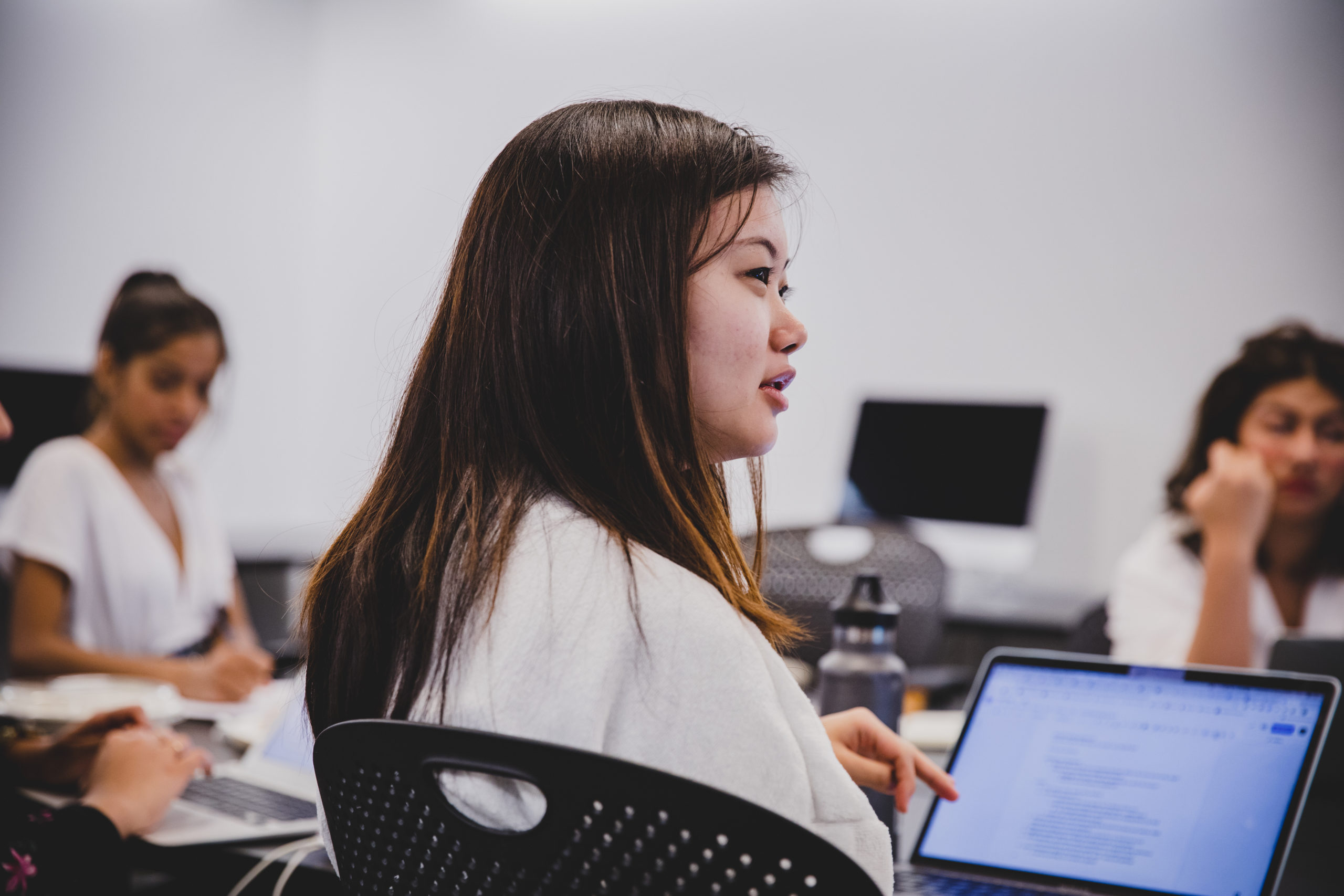
Additional Resources
For more information about which Liberal Studies Core classes can enrich your education, check out student Jo Balmuri’s first-person account. To explore the differences between the Liberal Studies Core and the Global Liberal Studies major, read more about each option. And finally, you can dive deeper into some of the features Global Liberal Studies offers.

